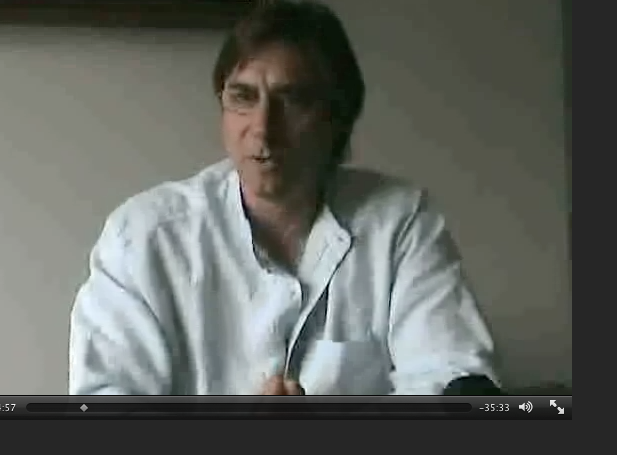Sounds convincing. Liberty is losing out against security and comfort. Basically, people want what rich people have, and rich people have no personal privacy. They are surrounded by servants who know everything about them.
Two Thoughtful Essays on the Future of Privacy
Paul Krugman argues that we’ll give up our privacy because we want to emulate the rich, who are surrounded by servants who know everything about them:
Consider the Varian rule, which says that you can forecast the future by looking at what the rich have today — that is, that what affluent people will want in the future is, in general, something like what only the truly rich can afford right now. Well, one thing that’s very clear if you spend any time around the rich — and one of the very few things that I, who by and large never worry about money, sometimes envy — is that rich people don’t wait in line. They have minions who ensure that there’s a car waiting at the curb, that the maitre-d escorts them straight to their table, that there’s a staff member to hand them their keys and their bags are already in the room.
And it’s fairly obvious how smart wristbands could replicate some of that for the merely affluent. Your reservation app provides the restaurant with the data it needs to recognize your wristband, and maybe causes your table to flash up on your watch, so you don’t mill around at the entrance, you just walk in and sit down (which already happens in Disney World.) You walk straight into the concert or movie you’ve bought tickets for, no need even to have your phone scanned. And I’m sure there’s much more — all kinds of context-specific services that you won’t even have to ask for, because systems that track you know what you’re up to and what you’re about to need.
Another essay that argues that we have entered recursive hall of mirrors of seeing and being seen, and what that means to how we will develop in future. Reminds me of the analogy between privacy and undeveloped film – you need a part of yourself that’s not exposed to light (yet), if you want to be able to retain your integrity as a person:
Daniel C. Dennett and Deb Roy look at our loss of privacy in evolutionary terms, and see all sorts of adaptations coming:
The tremendous change in our world triggered by this media inundation can be summed up in a word: transparency. We can now see further, faster, and more cheaply and easily than ever before — and we can be seen. And you and I can see that everyone can see what we see, in a recursive hall of mirrors of mutual knowledge that both enables and hobbles. The age-old game of hide-and-seek that has shaped all life on the planet has suddenly shifted its playing field, its equipment and its rules. The players who cannot adjust will not last long.
The impact on our organizations and institutions will be profound. Governments, armies, churches, universities, banks and companies all evolved to thrive in a relatively murky epistemological environment, in which most knowledge was local, secrets were easily kept, and individuals were, if not blind, myopic. When these organizations suddenly find themselves exposed to daylight, they quickly discover that they can no longer rely on old methods; they must respond to the new transparency or go extinct. Just as a living cell needs an effective membrane to protect its internal machinery from the vicissitudes of the outside world, so human organizations need a protective interface between their internal affairs and the public world, and the old interfaces are losing their effectiveness.
